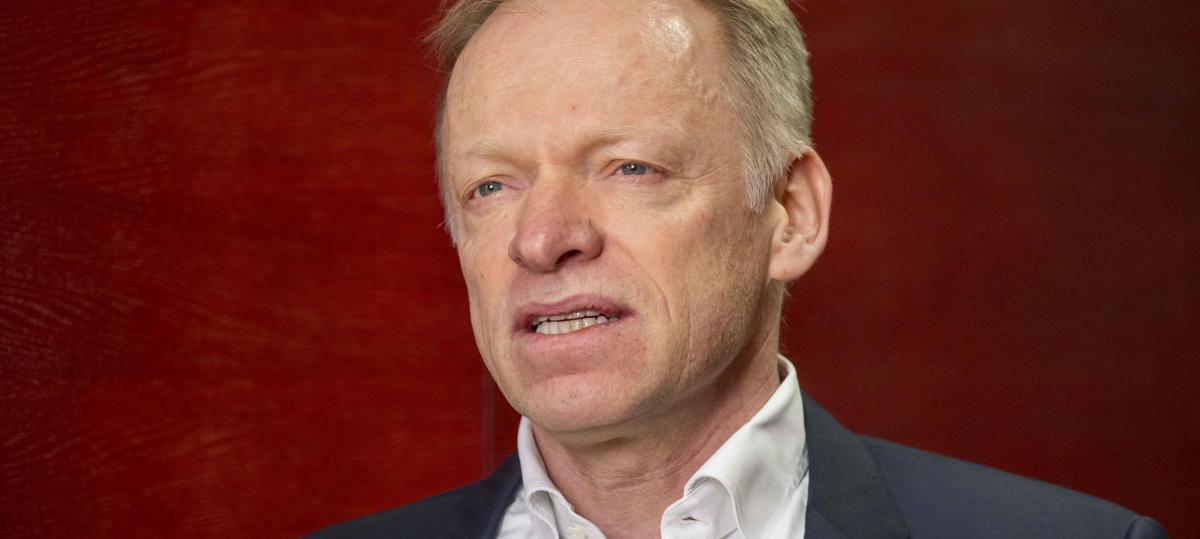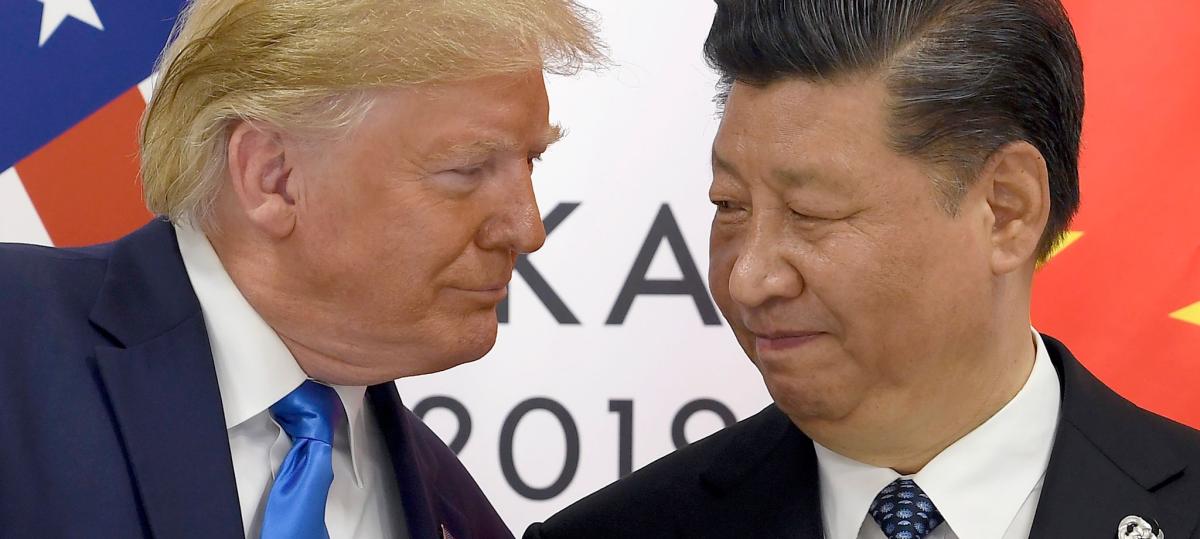The federal government has to do that against the economic crisis

Mr. Fuest, where should the new federal government start to stimulate growth?
Fuest: If the government actually wants to prioritize growth, there are three areas where it has to start. First, the job market. Although we currently have a economic weakness, there is also a weak job in many areas. It has to be worthwhile to work and it must be possible to work. This applies in particular to the Compatibility of work and family. If someone works more, the net should also pay off. This is about the interaction of taxes and social transfers, for example with housing benefit. But it is also about educational policy, about the Transition from school to work.
And further?
Second, we have a massive investment problem. The Housing is weakenedand the companies also invest too little. This is fatal, because if companies invest less, not only the current economy suffers, but also the production potential of the German economy in the long term. This trend has to be stopped.
And thirdly?
Fuest: Third, we need more innovation. Business start -ups have to be relieved, knowledge has to be better transferred from research into economic use. Companies must have incentives to invest in research and development. Without these three adjustment screws, sustainable growth will be difficult.
The old government failed due to the dispute over the budget. The challenges have recently increased. Where does the money come?
Fuest: There is no point in discussing budgetary policy if you have no strategy. It's not like the state has no money. The government expenditure rate in the 2010s was an average of 45 percent of gross domestic product, now we are 49 percent. This is a significant increase. If you don't want to fully suffocate growth, you have to ask yourself whether you no longer have to give the private sector space. I have my doubts as to whether it can be part of a sensible growth strategy to drive the state quota over 50 percent. It is obvious that you have to switch to the expenditure.
However, it is currently being discussed whether the old Bundestag a reform of the debt brake or a new special fund. What do you think of it?
Fuest: The debt brake should be left as it is, but I think the creation of another special fund for defense is highly recommended. That of the election, but to make the newly elected Bundestag together, would of course attract criticism. At the same time, the situation is dramatic in view of the reorientation of the US politics. Ultimately, the Basic Law defines the democratic rules of the game. If it is permissible under constitutional law, I would support such a step.
However, that should not be enough to cover the acute additional requirement in addition to the Defense area …
Fuest: The Ukraine does a lot for Europe at the moment and to support them, « Whatever IT Takes » must apply, already from our own interest. There are various options for this. However, I could well imagine that in the current situation at the national level, you also pull the emergency clause in the debt brake. However, this should not lead to the fact that any effort will otherwise be seen in the area of financial policy. We have to restructure the budget, the help for Ukraine must not be misused so that nothing to do with financial policy now. You can take the view that nothing can be touched. Then Germany will continue to shrink and we may face a war in Europe. I think that would be the worse variant.
How quickly could that work?
Fuest: Of course, you can already make shifting in the next household and if it is really dramatic enough, you can also make very large shifts. But I think it is appropriate to strategically develop the household in a new direction. And that not only means shifting, but also a critical review of state tasks. What should the state really be responsible for? Which areas could be made more efficient? We also have to check subsidies and tax breaks. We are currently subsidizing the acquisition of electric bicycles. People with sometimes very high incomes get that. We have a wild growth of services where many are to have, but not priority.
Is there still room for those from the Business vehemently required reduction in corporate taxes?
Fuest: With tax cuts for companies, it is occasionally pretended to be a kind of luxury. But that's not the point. Tax cuts are necessary so that we can get growth and investments again. All parties also have this in their program – whether this is an investment subsidy of ten percent or a reduction in the corporate tax rate is secondary. I can imagine that the part of a package that is staggered over several years. Because with corporate tax cuts and better tax incentives for investments, it is similar to public investments. You first have to take money in your hand, but this should stimulate growth in the medium term. If politics wants this, she has to create space in the household.
In the conversation, an increase in VAT was always in the conversation. How sensible is it when consumption already weakens?
Fuest: If we want to protect the growth, we have to use as growth -friendly taxes as possible. Our problem is currently not that consumption would be too low. It does not grow strongly, that's right, but it is one of the more stable components of the economy and the available income is increasing. I don't think that an increase in VAT would significantly slow consumption. Our problem is not a lack of demand – this can be seen from the fact that inflation is two to three percent. Our problems are the decay of the capital stock and the weakening investments, so we have to start.
When shifting in the federal budget, the social budget almost automatically comes into view. Where would you start?
Fuest: Only one way would be to limit the growth of the grant to pension insurance in the federal budget to a nominal one percent per year. We need reforms in the pension system for this. In my opinion, you should strive for a mixture from a change in the pension formula and an increase in the retirement age. A pure increase in the retirement age will not be enough – we have to slow down the growth of pension expenses as a whole. By 2028 you could save up to 20 billion euros. If the growth of pensions is restricted, this must also be done with the civil servant pensions. This would have an effect that funds are particularly released at the level of the countries. And if it is right that we have to do more for defense, among other things, I think that the countries also have to participate.
Increasing defense spending and more investments in armaments – could this also become a kind of economic stimulus program?
Fuest: That would be desirable, but the potential is limited. The defense economy in Germany is already well utilized. I think the challenge is to develop a long -term strategy so that companies have a perspective to invest and expand their capacities. Then it could act like an economic stimulus program. But this requires a clear safety -political strategy: Which weapon systems do we need in the future? Today you can destroy an expensive tank with a relatively inexpensive drone. This is a question for security experts, but there is definitely innovation potential here. However, one should not forget that the number of unemployed engineers or programmers you need is quite manageable. The highly qualified specialists are already missing in many industries.
To person
Clemens Fuest, 56, is one of the leading economists in the country. Born in Münster, he is President of the IFO Institute, Professor of Economics at the Ludwig Maximilians University in Munich and a member of numerous advisory bodies.






